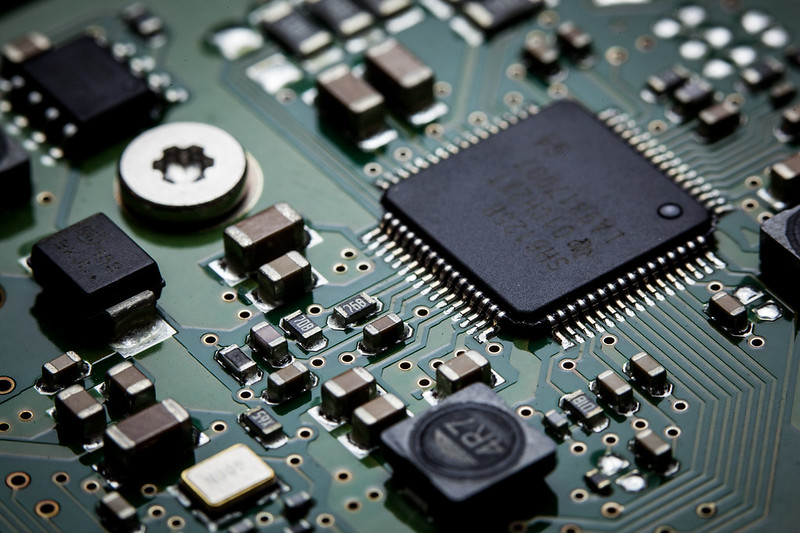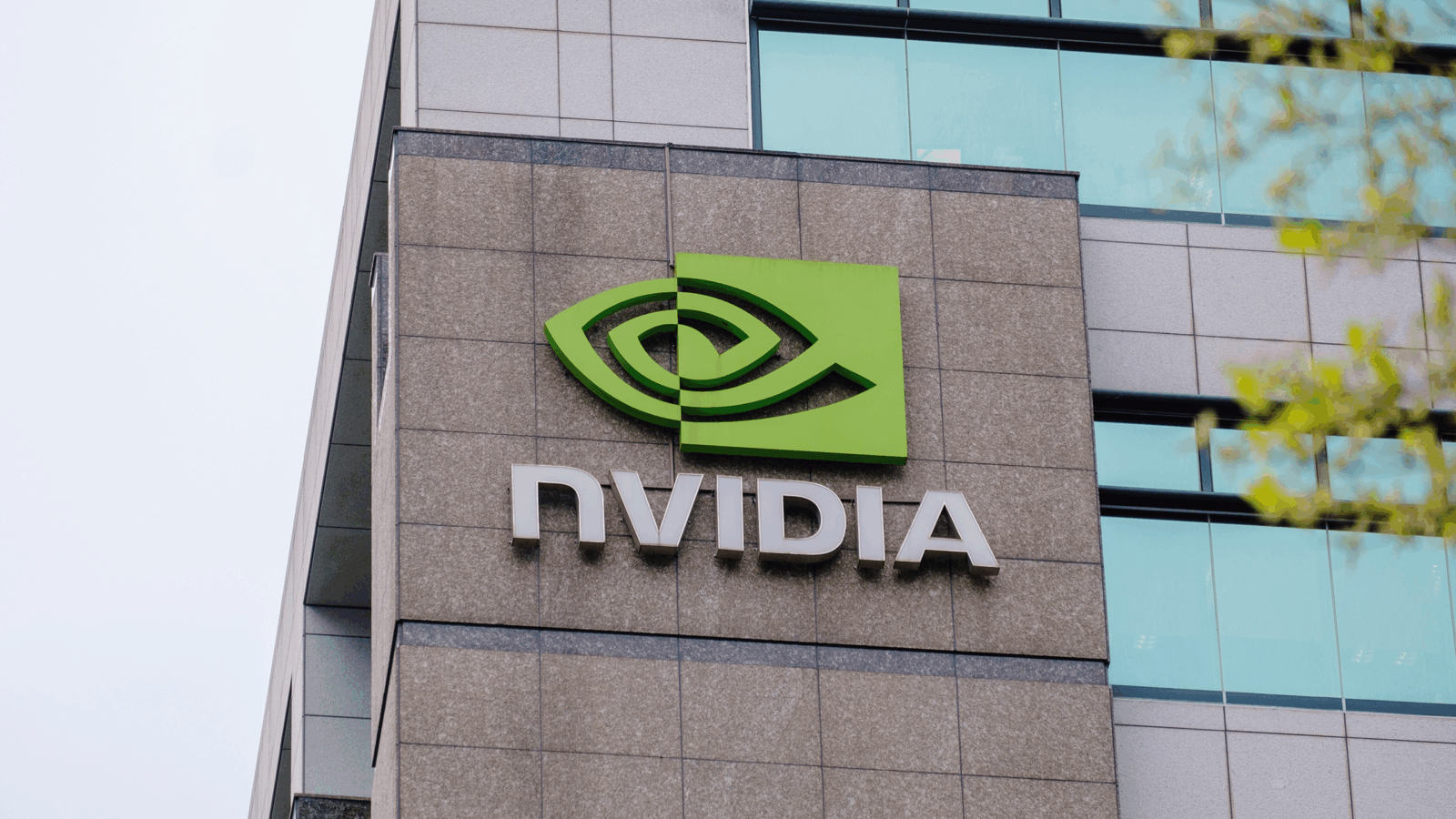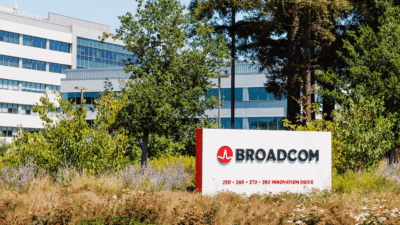
Sign up for smart news, insights, and analysis on the biggest financial stories of the day.
Make room, Amazon, Apple, and Microsoft. NVIDIA looks like it’s about to enter the trillionaires’ club.
After the world’s leading microchip producer released its sales forecast Wednesday, NVIDIA’s stock didn’t just bump but rather leaped up the charts like a rebuilt Steve Austin. Cue the bionic sound effects.
Putting Up Big Numbers
Not only did NVIDIA rake in $7.2 billion in revenue for its first quarter, but it projects to do roughly $11 billion in the next. That’s more than 50% higher than some Wall Street predictions. The incredibly bright outlook caused its stock to jump 26% when the market opened Thursday morning, and it added roughly $170 billion to its market value, marking one of the biggest one-day gains ever for a US stock, according to Bloomberg data. Its cap now sits at more than $950 billion. The rally swept up others in the chip industry including Taiwan’s TSMC and Japan’s Advantest.
You might be asking, “How’d NVIDIA get so big?” Well, it all comes down to the tech that will apparently either lead us to salvation or doom us for all eternity: artificial intelligence. The intricate computer programs have a long way to go before they resemble anything like Steven Spielberg’s vision of a futuristic Pinocchio with the face of Haley Joel Osment, but NVIDIA is becoming the company to build and advance AI generative systems:
- NVIDIA’s H100 processor is the go-to hardware for big players and start-ups in the tech field looking to train and deploy AI software. These are the chips needed to develop large language models like OpenAI and ChatGPT, dude.
- In an interview with the Financial Times, CSS Insight CEO Geoff Blaber said, “We are obviously seeing a huge spike in AI demand and NVIDIA is at the very front. They are without doubt in pole position because they provide a very comprehensive toolchain that no other company is able to currently.”
Decisions, Decisions: In other chip news, the political strife never stops with the US and China, putting pressure on more neutral-ish parties. US subsidies will offer companies millions to manufacture their chips in the states, but they also limit those businesses from certain expansions and upgrades into Chinese markets. And at the same time, China has placed a ban on its companies buying chips from the American-based Micron Technology. So now South Korea and its leading chipmakers, Samsung and SK Hynix, are in a real predicament. On the one hand: free money in the US. But on the other: A Chinese market ripe for the taking. Our advice — ask ChatGPT.











